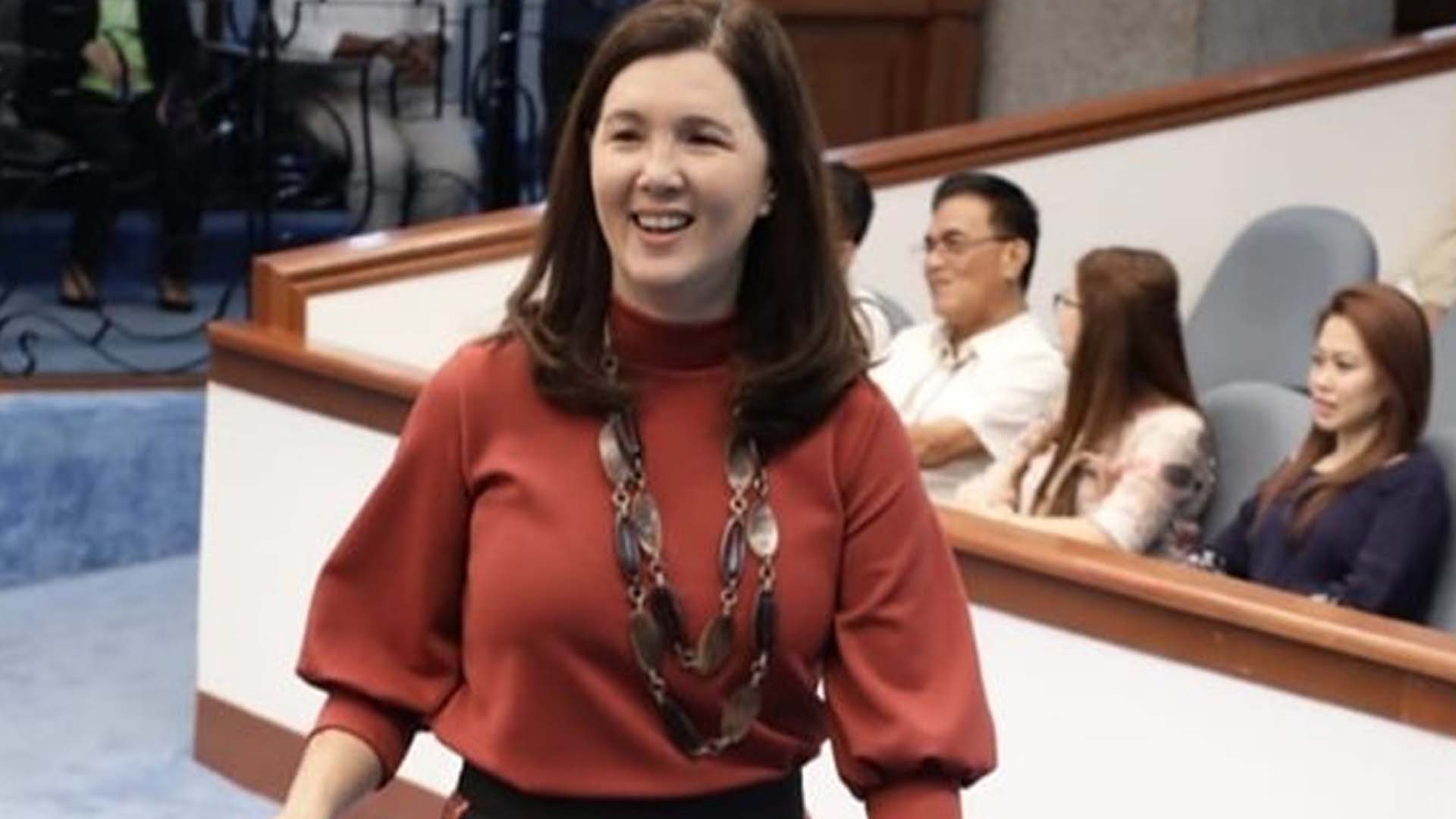Senator Pia S. Cayetano has vowed to increase from P1.5 billion to P15 billion the funding allocation for the Department of Education’s (DepEd) Last Mile Schools (LMS) Program in next year’s proposed P4.1-trillion national government budget.
Cayetano, the Senate Finance Committee vice chair, said the tenfold increase will benefit 830 Last Mile Schools located in far-flung and hinterland communities across the country.
“I have personally visited some of these schools whenever I would hike or bike to upland communities, particularly in the Cordillera Administrative Region,” she shared.
A mountain biker and hiking enthusiast, Cayetano regularly visits upland schools in the north to bring learning materials and conduct fitness and football clinics for students.
She said that LMS usually have multi-grade level classrooms due to the limited number of classrooms accommodating the communities’ entire student population from different grade levels.
“Multi-grade level classrooms are actually an acceptable education model. My children grew up in this kind of setting. What is important is that the teachers are well-trained to handle multi-grade level classrooms and that the class sizes remain small,” Cayetano explained.
She said the core of DepEd’s LMS Program is ensuring that the schools’ classrooms are made of sturdy material and equipped with the proper learning facilities, including computers that have access to programs complementing the classroom teaching and electricity.
The DepEd had originally asked for a P21.52 billion budget for its LMS program for next year, but only P1.5 billion was approved by the Department of Budget and Management (DBM), based on the 2020 National Expenditure Program.
A memorandum issued by the Office of the Deputy Executive Secretary for Finance and Administration last August, however, directed the DBM to include and prioritize the “Last Mile Schools Fund” as a new line item under DepEd’s budget in the 2020 NEP.
“We should not forget about the Filipino families in far-flung areas who also want the best future for their children,” she stressed. “This is one of my ways to ensure that in our shared goal of fostering growth through education, no Filipino child will get left behind.”
“I also hope more senators would be willing to go the extra mile to help our last mile schools, and by actively supporting tax reforms, whose proceeds will help fund social services and our Sustainable Development Goals (SDGs),” added Cayetano, who also chairs the Senate Committees on Ways and Means and on SDGs, Innovation, and Futures Thinking.
As of September 1, there are about 9,225 schools identified as LMS, with CAR (1,223), Western Visayas (824) and Eastern Visayas (1,076) having the most number – excluding the Bangsamoro Autonomous Region in Muslim Mindanao (BARMM).
According to DepEd, most LMS are more than an hour away from the town center, in places with problems in peace and order, and which private contractors, suppliers and service providers find difficult to access.
LMS have multi-grade level classes, with less than five teachers, and a student population of less than 100, more than 75% of which are usually indigenous people. They have very limited facilities, which had never been repaired in the last four years. (senate.gov.ph)







